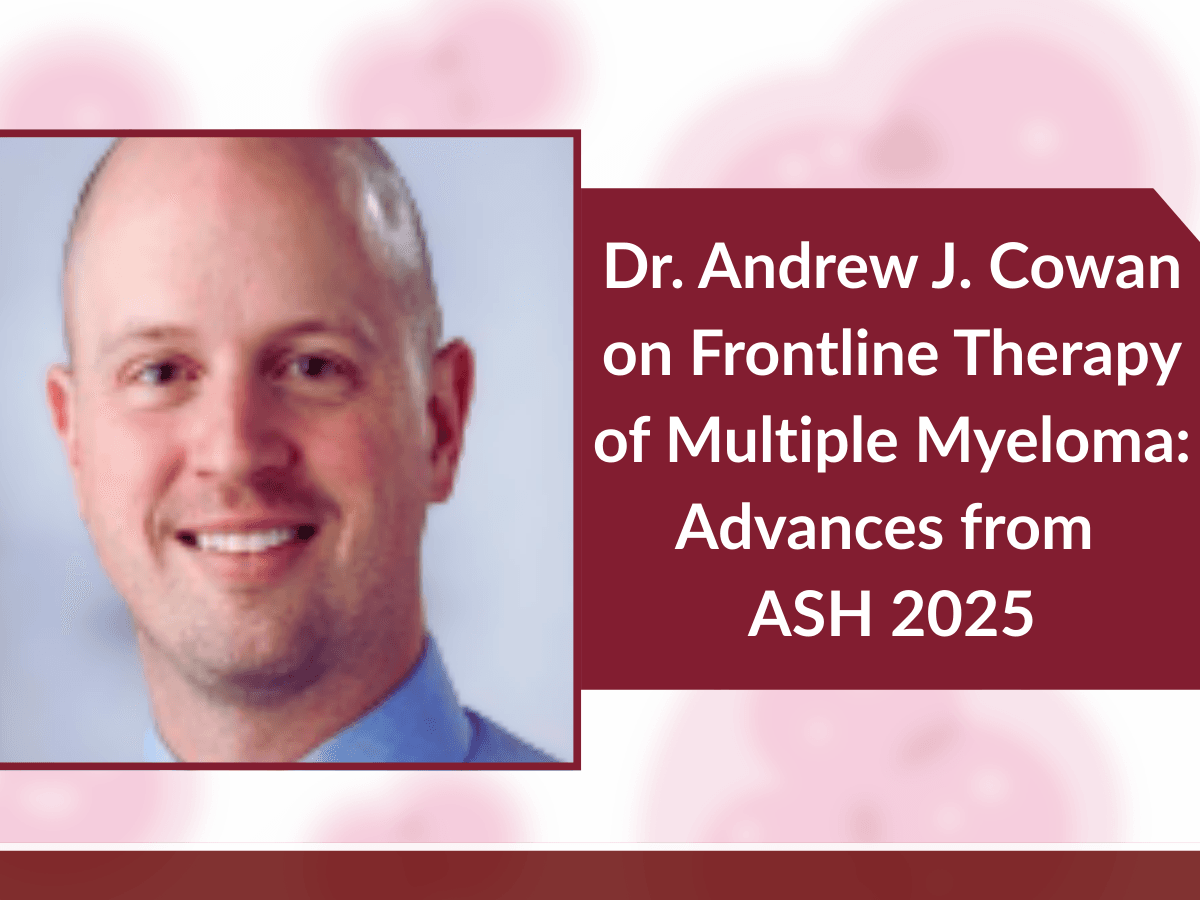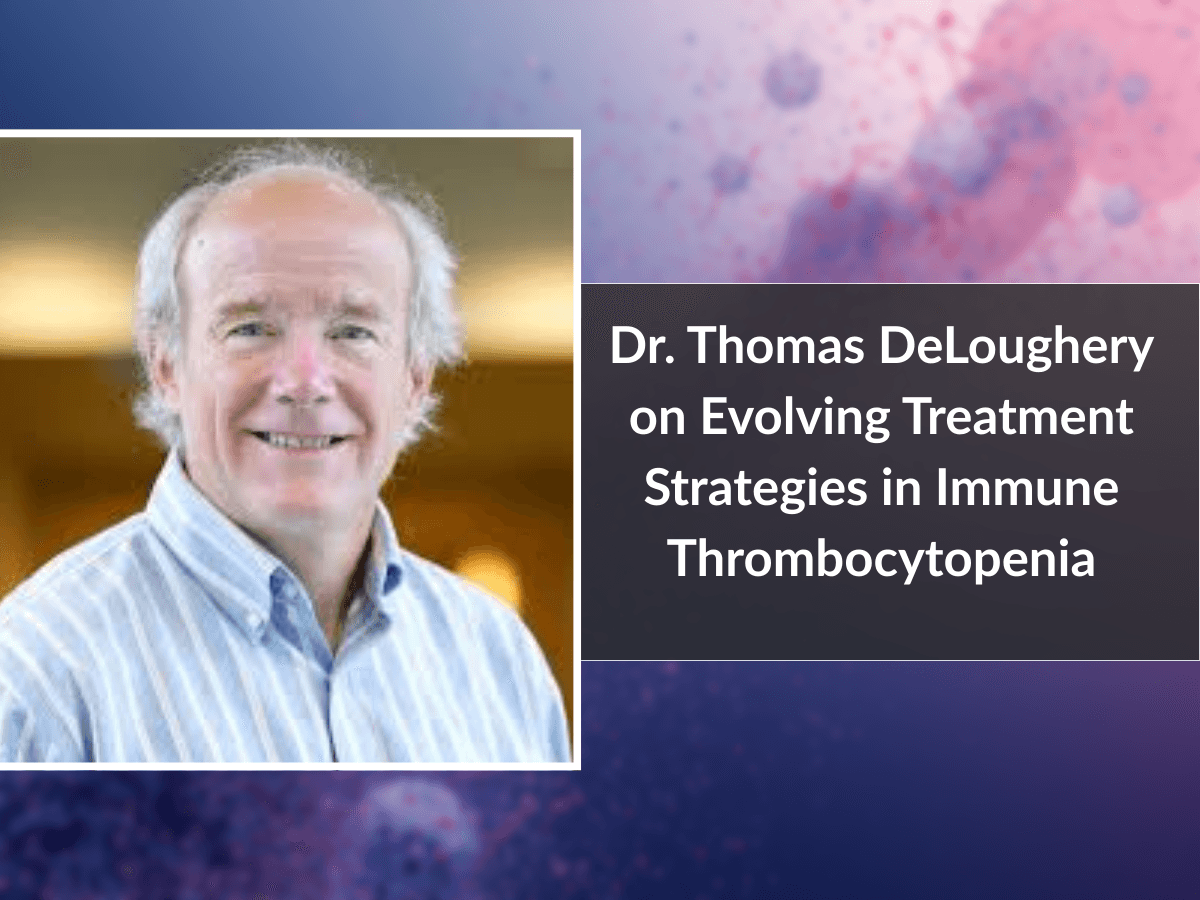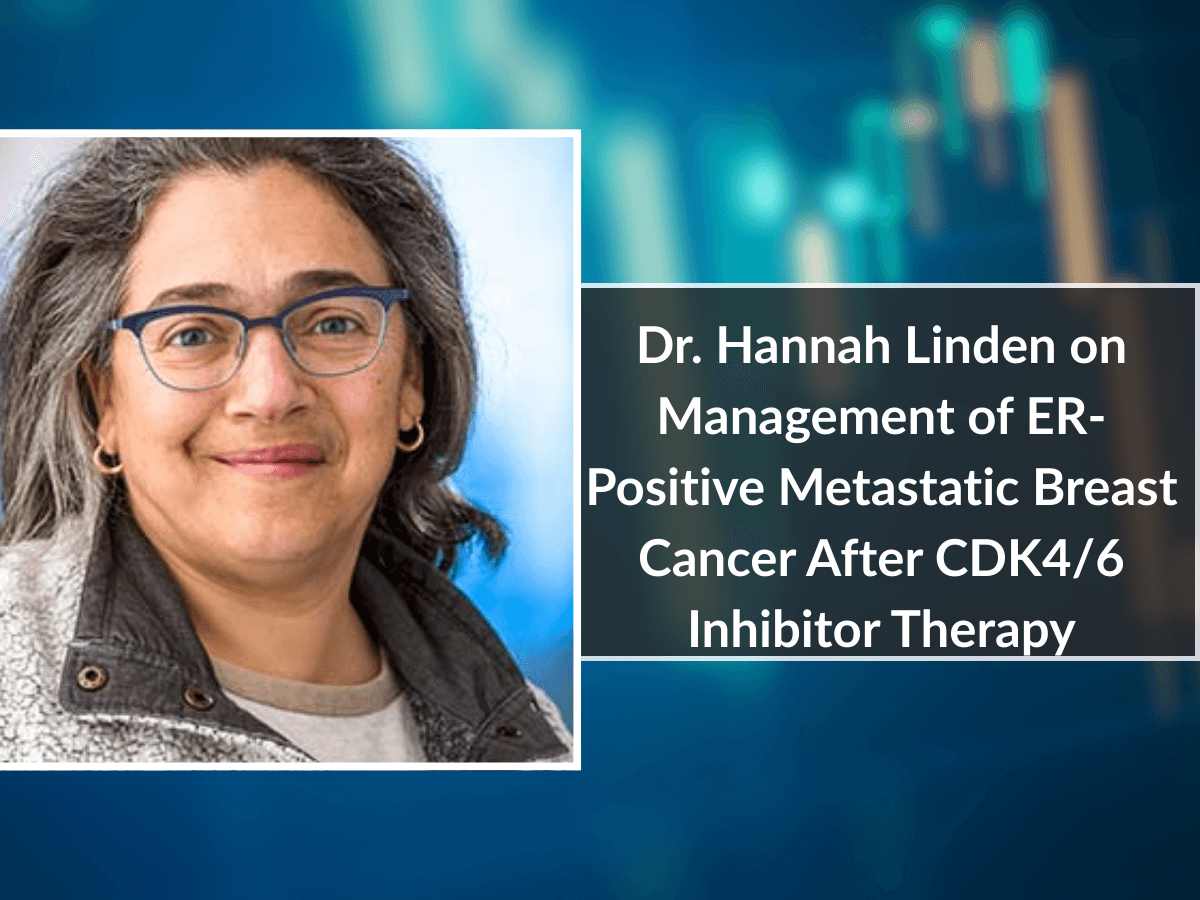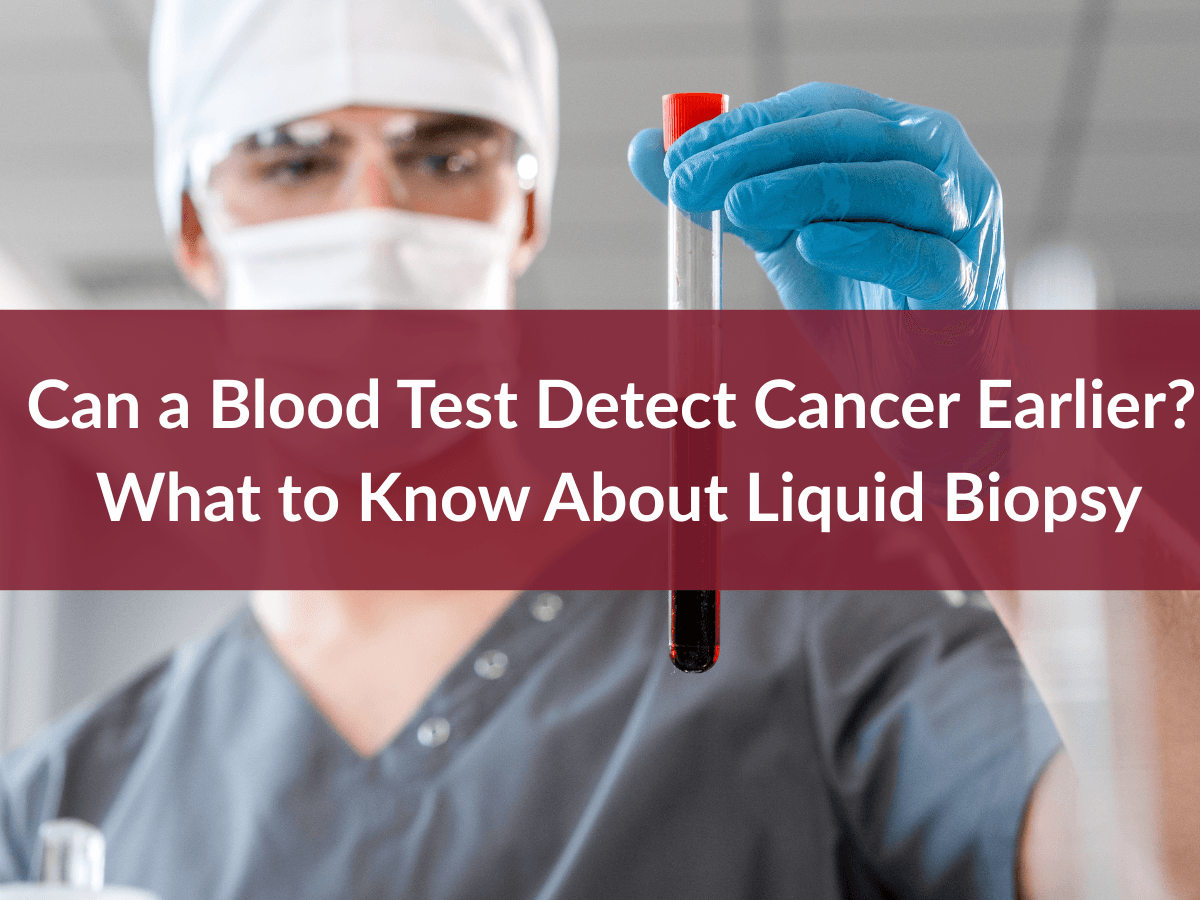
The Cancer News
AN AUTHORITATIVE RESOURCE FOR EVERYTHING ABOUT CANCER
What Lung Cancer Doctors Want You to Know in 2025
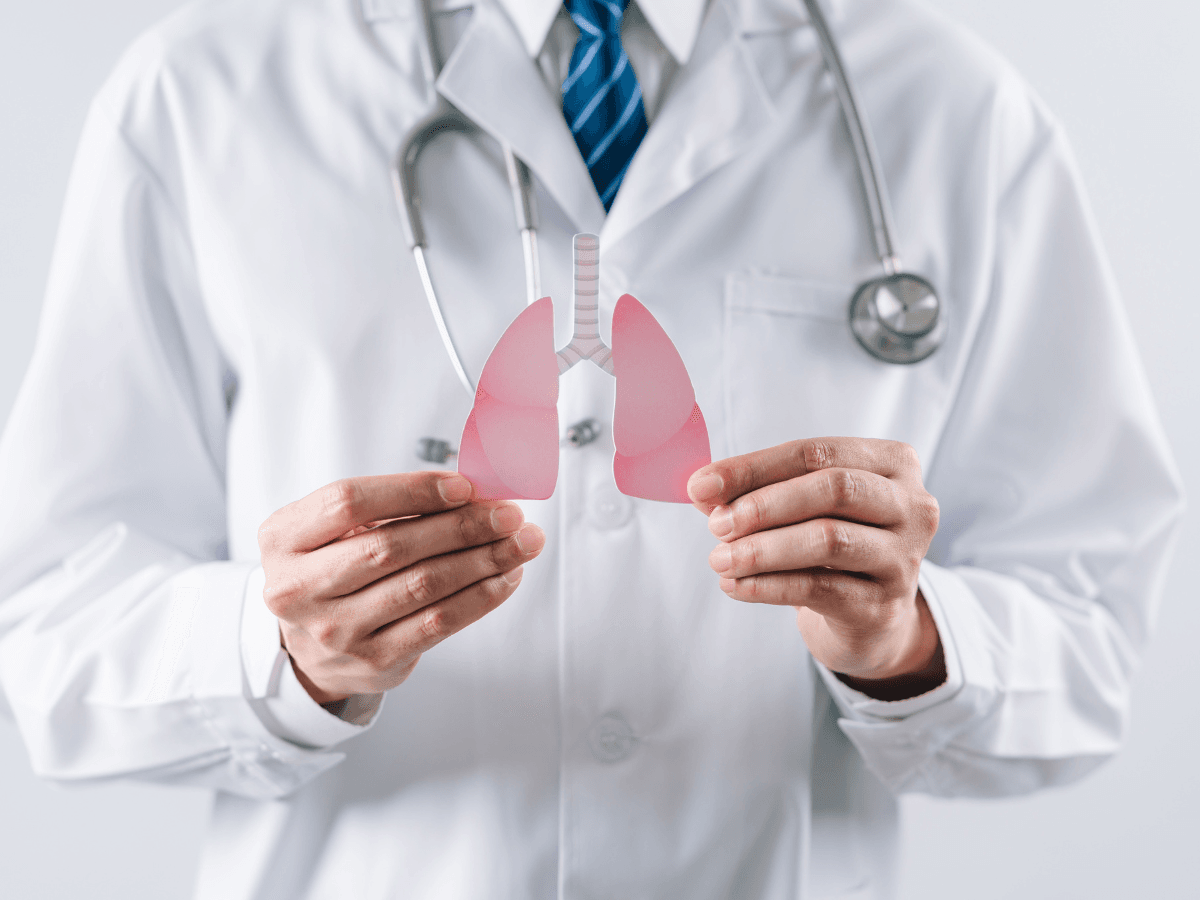
Lung Cancer Awareness Month 2025 highlights powerful advances in precision oncology, immunotherapy, and early detection that are reshaping survival outcomes. With rising FDA approvals and rapid innovation in targeted lung cancer treatments, leading thoracic oncologists share what patients and providers need to know this year.
November is Lung Cancer Awareness Month. Lung cancer remains the leading cause of cancer death worldwide for both men and women. In 2025, an estimated 226,650 new cases and 124,730 deaths from lung cancer are expected to occur in the United States. About 85% of these deaths will be caused by smoking, with other factors including secondhand smoke, cigars, radon, air pollution, occupational exposures, and other environmental risks.
Given the seriousness of the disease, lung cancer has received six FDA drug approvals in 2025 alone. These drugs include chemotherapy, immunotherapy, antibody-drug conjugates, and targeted therapy, either alone or in combination. Currently, the overall 5-year survival rate for all stages of lung cancer is 27%, but 64% for those who are diagnosed at an early stage. This reflects the strides being made in the treatment of lung cancer.
But the work is far from over. At the 2025 Seattle Lung Cancer Conference, we connected with top thoracic oncology experts to learn about the most recent advances in the field.
Lung Cancer Advances 2025: Precision Oncology and Targeted Therapy
Dr. Jyoti Malhotra, a medical oncologist and director of thoracic medical oncology at City of Hope Orange County, emphasized that lung cancer treatment is entering a phase defined by personalization.

Jyoti Malhotra, M.D., M.P.H.
One of the most exciting advances, according to Dr. Malhotra, is the growing use of targeted therapies. These treatments are designed to attack specific genetic mutations in lung tumors, leading to better outcomes and fewer side effects. For example, Dr. Malhotra cited the impressive results from the CROWN study: patients with ALK-positive non-small cell lung cancer treated with lorlatinib had an unprecedented progression-free survival (PFS). This is a landmark achievement in the field, underscoring the power of molecularly targeted interventions.
She further shared, “ Today, oncologists are encouraged to personalize treatment regimens to match each patient’s needs. Shared decision-making is a critical step forward, ensuring that therapies align closely with patient preferences and medical circumstances.”
The Rise of Immunotherapy in Lung Cancer Treatment

Christina S. Baik, MD, MPH
Dr. Christina Baik, a medical oncologist at the Fred Hutch University of Washington (UW) Medical Center and Clinical Research Director of Thoracic, Head and Neck Oncology at UW Medicine, shared a comprehensive perspective on how lung cancer care has evolved. One major innovation highlighted by Dr. Baik is the increased use of immunotherapy following surgery for lung cancer patients. She explained that more active drugs are now being introduced at earlier stages, with the distinct aim of curing more patients. This shift to early intervention with advanced treatments represents a cornerstone development in thoracic oncology today.
The Future: Early Detection and Innovative Treatments
Looking ahead, Dr. Malhotra and Dr. Baik underscored three major trends set to shape lung cancer treatment over the next decade:
1. Increasing Access to Screening: Early detection is key. Dr. Malhotra envisions a future where more patients are diagnosed at earlier stages of lung cancer, where current treatments are most effective. She shared, “Expanding access to screening programs can shift the landscape, resulting in higher survival rates and better quality of life.”
2. New Generations of Therapies: Dr. Mlahotra predicted a continual influx of novel agents, such as better antibody-drug conjugates and innovative immunotherapies. “These advancements are expected to further boost effectiveness while minimizing toxicity, offering patients safer, more tolerable treatment options,” she noted.
3. Personalizing treatments for better outcomes: Dr. Baik anticipates that lung cancer treatment will become increasingly personalized as our understanding of tumor biology deepens. Currently, lung cancers are addressed with numerous approaches, but she expects even more tailored therapies in the next five to ten years. She shared, “I hope that even patients with advanced forms of lung cancer will one day live normal lives, benefitting from individualized care and continuous medical advances.”
Special thanks to Dr. Jyoti Malhotra and Dr. Christina Baik for sharing their insights and expertise on advances in lung cancer.
